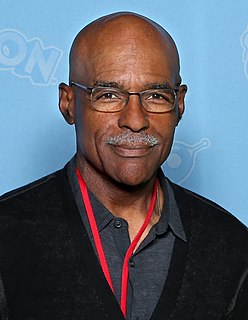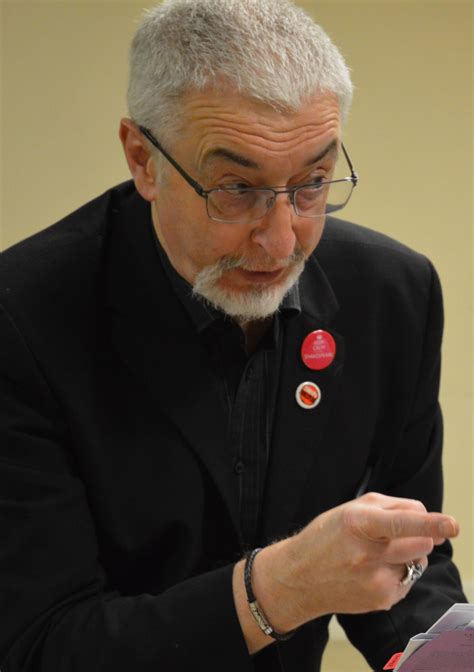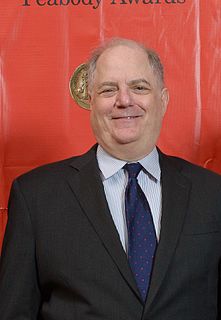A Quote by Stephenie Meyer
It was a strange combination to absorb - the everyday concerns of the town doctor stuck in the middle of a discussion of his early days in seventeenth-century London.
Related Quotes
I was diagnosed with an early, early stage of prostate cancer. I was almost a vegetarian then. I was heading that direction. What pushed me over the edge, was the doctor who did the diagnosis. He said in a discussion about prostate cancer that he had never seen a vegetarian with prostate cancer. And this is not a holistic doctor, this is a regular, mainstream doctor. And I was just blown away.
This film [Doctor Strange] kind of takes that everyday boring reality and really bursts it wide. So we talked a lot about that. In many ways there's something very practical about this world, the Kamar-Taj. It's - You know, we all look like samurai warriors, but actually there are iPads everywhere and there's a feeling that it's a practical possibility for this modern world that the Doctor Strange universe is functioning, and that we know it and it's around the corner for all of us.
We should have scant notion of the gardens of these New England colonists in the seventeenth century were it not for a cheerful traveller named John Josselyn, a man of everyday tastes and much inquisitiveness, and the pleasing literary style which comes from directness, and an absence of self-consciousness.
Isaac Watts, of course, is a hymn writer in the tradition of Congregationalism who lived in the seventeenth and early eighteenth century. He is very interesting and important because he was also a metaphysician. He knew a great deal about what was, for him, contemporary science. He was very much influenced by Isaac Newton, for example. There are planets and meteors and so on showing up in his hymns very often. But, again, the scale of his religious imagination corresponds to a very generously scaled scientific imagination.
Today's Uncle Tom doesn't wear a handkerchief on his head. This modern, twentieth-century Uncle Thomas now often wears a top hat. He's usually well-dressed and well-educated. He's often the personification of culture and refinement. The twentieth-century Uncle Thomas sometimes speaks with a Yale or Harvard accent. Sometimes he is known as Professor, Doctor, Judge, and Reverend, even Right Reverend Doctor. This twentieth-century Uncle Thomas is a professional Negro -by that I mean his profession is being a Negro for the white man.




































